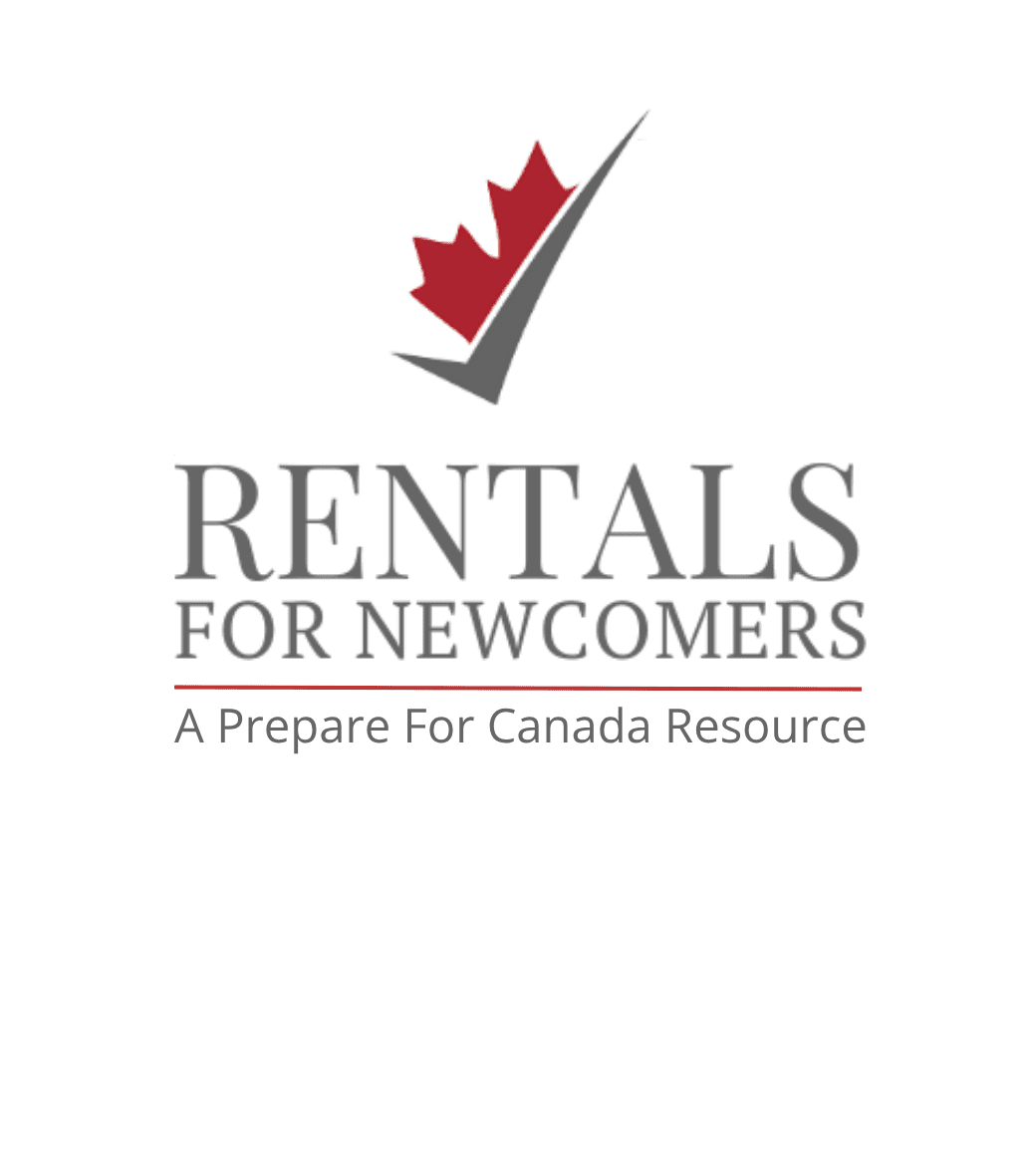Studying
Studying in Canada offers a wealth of opportunities, but it requires careful planning. Understanding the process for obtaining a study permit, exploring pathways to permanent residence for graduates, and managing your finances are crucial steps.
Our resources guide you through these steps, ensuring you’re well-prepared for your educational journey in Canada. With the right information, you can make informed decisions that support both your academic and career goals.
Frequently Asked Questions about Studying in Canada
Provinces and territories approve post-secondary institutions that can enrol international students. You must have an acceptance letter from a DLI before you can apply for a study permit. Search DLIs by province or territory here.
Yes, As of November 8, 2024, international students can up to 24 hours per week without a study permit if they meet all eligibility criteria.
Yes, but the Canadian government has set a limit on the number of applications it will process in 2025. In 2024, Immigration, Refugees and Citizenship Canada (IRCC) announced an approval target of 437,000 study permits. That represents a 10% decrease from 2024.
Studying Key Terms
an internship allows students to gain paid or unpaid experience (depending on the employer). Internships are placement based and usually only happens once for a specified period.
allows students to gain paid work experience related to their field of study. It alternates four-month academic study periods with paid work periods often extending the length of the academic program by one year. Participating in co-op education can help students pay tuition fees. Students must apply and interview for co-op positions.










